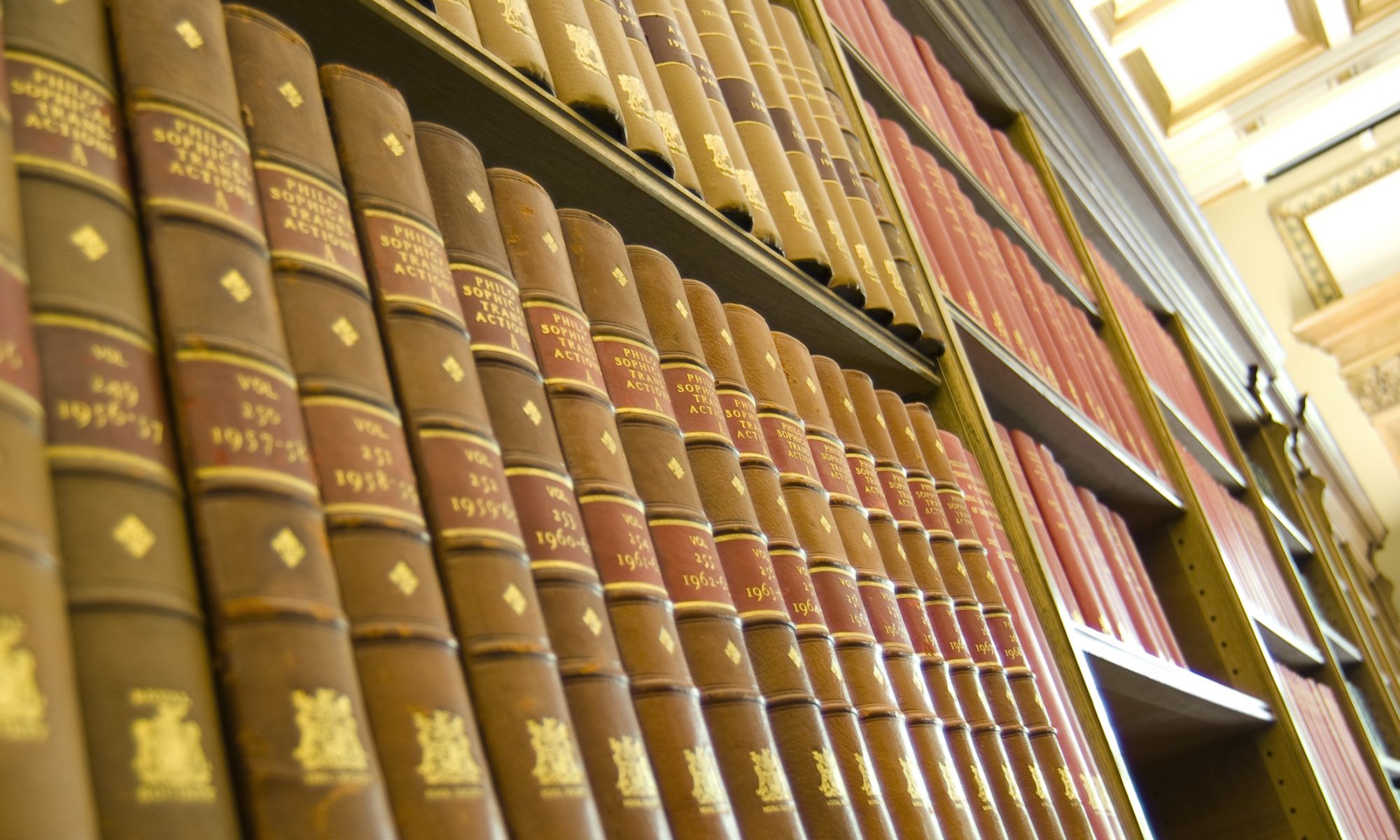On 13 June 1963, the president of the Royal Society Howard Florey presented a ‘Code for the Publication of New Scientific Journals’ to a meeting of officers representing 55 British scientific societies.
In the light of subsequent developments in the management and ownership of scientific journals, the Code’s insistence upon scholarly control of academic journals is notable. It was written at a time when the growing involvement of commercial publishers in academic publishing was becoming visible.
“The present tendency for commercial publishers to initiate new scientific journals in great numbers is causing concern to many people. With the expansion of established sciences and advances into new fields and disciplines it is evident that new journals are necessary.”
Continue reading “Ownership and control of scientific journals: the view from 1963”

